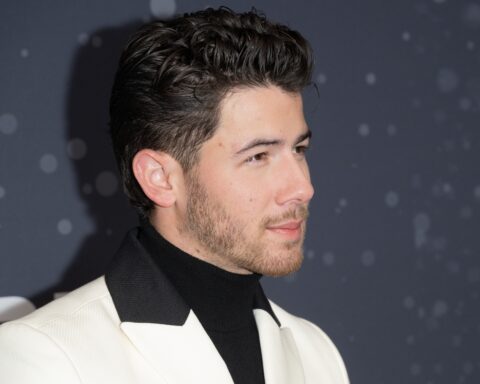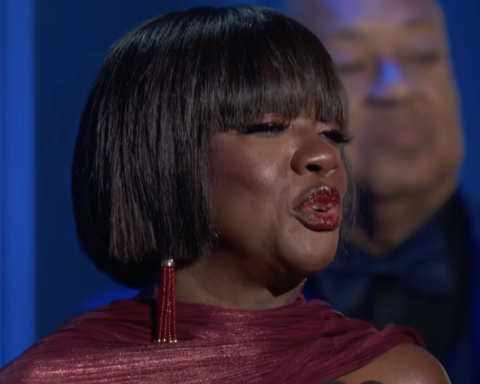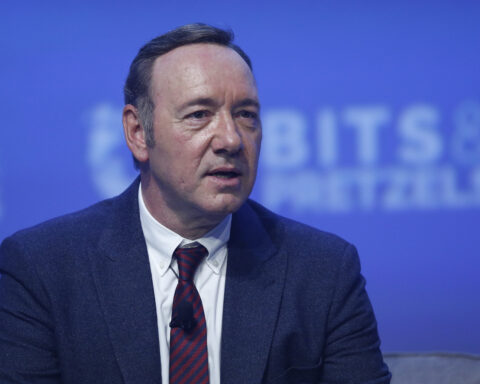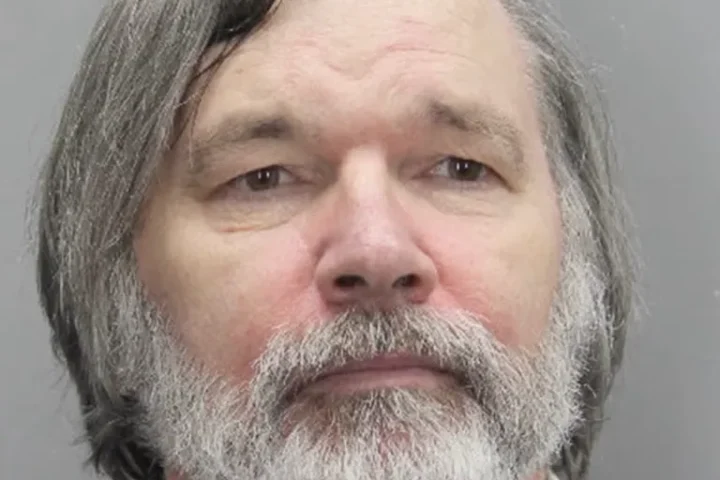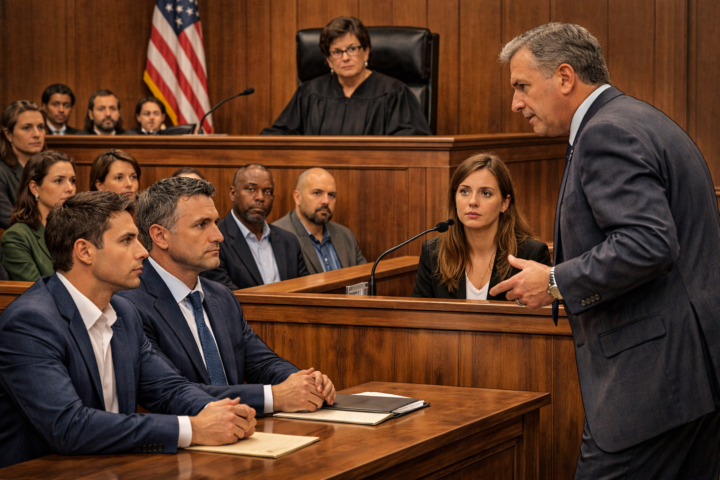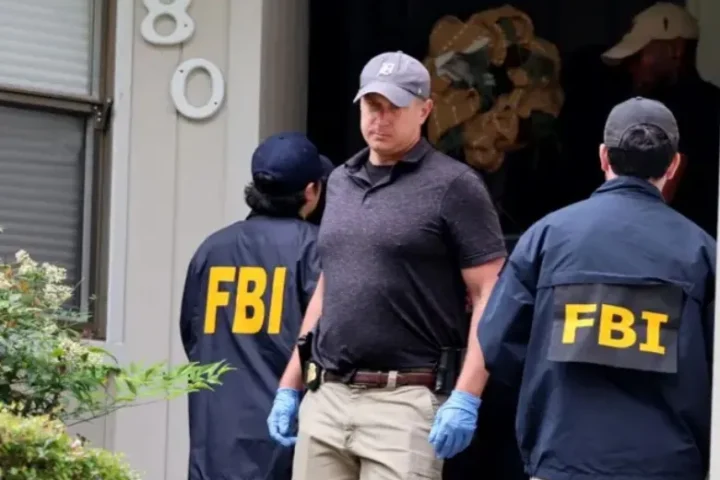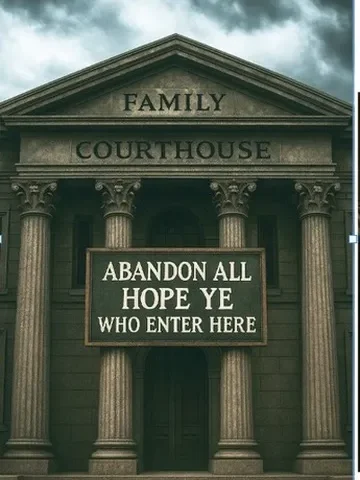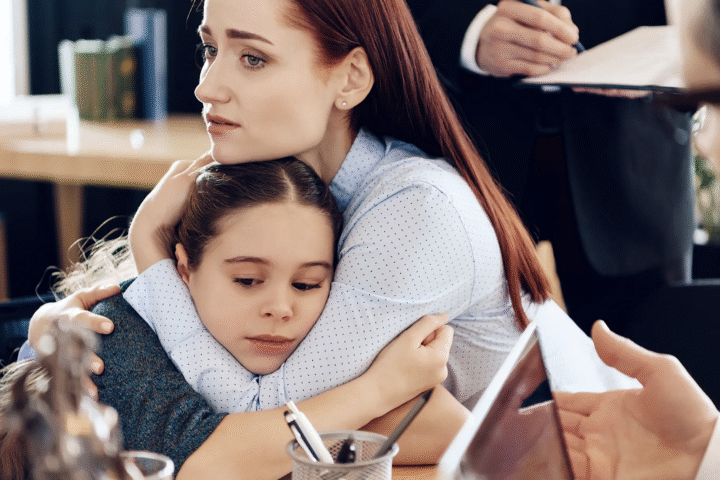BROOKLYN, NY — In the high-profile federal trial against OneTaste founders Nicole Daedone and Rachel Cherwitz, testimony on Thursday turned sharply against the prosecution—not from the defense, but from the government’s own star witness.
Now, while I’m usually on the pitching side rather than the byline, I felt compelled to write this myself. Too much of the mainstream coverage has settled for sensational headlines and shallow narratives—amplifying the prosecution’s claims without digging into the substance of what’s unfolding in court. What’s missing is context, scrutiny, and a willingness to challenge the surface-level storyline.
Friday, a witness called “Becky”, who had previously painted her time at OneTaste as exploitative and damaging, was forced under cross-examination to admit that her own words and actions at the time told a very different story.
Yet as the courtroom absorbed the glaring contradictions in Becky’s testimony, it was the conduct of Judge Diane Gujarati that drew increasing scrutiny from observers and defense counsel alike. Repeated rulings and interruptions appeared designed to limit the jury’s exposure to evidence that undermines the government’s narrative—raising serious questions about whether the judge is improperly steering the case toward conviction.
Witnesses’ Testimony Collapses Under Her Own Words
Becky, who worked and lived within the OneTaste community from 2012 to 2014, had previously described the experience as exhausting and psychologically harmful. But on the stand Thursday, defense attorney Celia Cohen confronted her with contemporaneous videos, photos, and social media posts in which Becky expressed joy, gratitude, and deep admiration for the OneTaste teachings she now claims to have found coercive.
In one 2013 post, Becky wrote, “OM has changed my life,” crediting the practice with helping her break through long-held feelings of loneliness. She recalled telling a crowd during a graduation speech that “I never would have gotten to this place if it hadn’t been for OM,” referring to her now-husband, whom she said she was finally able to love openly as a result of the program. Other materials showed her celebrating OneTaste’s advanced “Mastery” course and describing herself and her peers as “pioneers” in sexual and emotional liberation.
Judge Gujarati Limits Defense, Shields Government Narrative
Despite these revelations, Judge Gujarati repeatedly blocked defense attempts to enter this evidence in full view of the jury. Video clips showing Becky laughing, singing, and working enthusiastically at OneTaste events were ruled inadmissible or allowed only in limited form—even when offered not for the truth of the matter, but to show her state of mind.
On multiple occasions, the judge sustained objections to defense exhibits that directly contradicted Becky’s claims of trauma, fatigue, and exploitation. In one striking moment, Gujarati refused to allow a short graduation video where Becky gives a glowing testimonial about her transformation through OneTaste—despite the fact that Becky herself had just confirmed its authenticity and authorship.
Observers inside the courtroom noted the inconsistency. “You’ve got a witness saying she was broken and coerced, but there she is, on video, thanking the program for changing her life,” said one legal analyst. “The jury deserved to see that, and the judge kept it out.”
This pattern has raised concerns of judicial bias. Gujarati has repeatedly overruled defense objections while allowing prosecutors wide latitude in presenting emotionally charged, decontextualized content. Even before trial, Judge Gujarati stayed a ruling that the government had violated attorney-client privilege, allowing prosecutors to use materials that another federal judge had deemed tainted. That decision is now under appeal, but the damage may already be done.
A Trial About Beliefs, Not Crimes?
Defense attorneys argue that the government’s case is not really about forced labor—but about criminalizing belief. They contend that OneTaste offered spiritual and philosophical teachings about sexuality and consent that fall outside mainstream norms, but were voluntarily embraced by adults like Becky at the time. There is only a single count in the indictment: conspiracy to commit forced labor, with no underlying charge of actual labor or trafficking.
“The DOJ is trying to prosecute consent by redefining it after the fact,” said defense attorney Jennifer Bonjean during a recess. “They’re using edited videos, cherry-picked anecdotes, and now they’re getting help from the bench to keep the truth away from the jury.”
With Becky’s credibility severely undermined and defense attorneys effectively muzzled from showing key context, the OneTaste trial is becoming not only a test of First Amendment protections—but of the fairness of the judicial process itself.
The case continues Monday, with more witnesses expected to testify. Whether the jury will be allowed to see the full picture remains in question.


